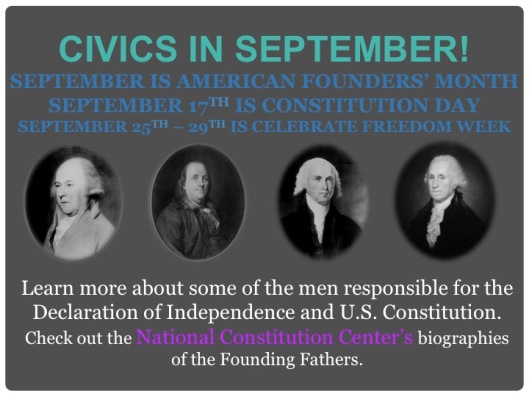It’s important to recognize the work people are already doing in civic engagement to make strides toward improving the world around them. Which is why we are excited to announce the first-ever American Civic Collaboration Awards which honor the individuals and organizations who work in collaboration to improve their community and their nation. The Civvys are presented by NCDD member org, The Bridge Alliance and Big Tent Nation, and will be determined by a panel of civic engagement experts. Submit your nominations by Sept 15, 2017 and the winner will be announced October 20, 2017 at the National Conference on Citizenship in Washington DC.
We encourage you to read the details on The Civvys below or read the original version here.
The 2017 Civvys American Civic Collaboration Awards
In a nation awash in divisiveness, there’s a profound need to recognize individuals and organizations who work together across differences for the best of their communities and this nation.
That’s why the Bridge Alliance and Big Tent Nation, organizations committed to the grapple against partisan rancor and division, have joined forces to announce the first annual American Civic Collaboration Awards, or the Civvys.
NOMINATION
Do you know people or organizations working together to address what divides us? Does their work:
- Have a direct impact on America at a local, state or national level?
- Use collaboration, community input and other collective action principles to make a difference?
- Embody civility and mutual respect?
The Civvy Awards are thefirst national awards program designed to highlight organizations and individuals that leverage collaboration as a key strength in building initiatives that improve communities.
Whether it’s a grassroots neighborhood group working to bring people together, a nonprofit program to improve educational outcomes, a city government outreach initiative, or a corporation working with local leaders – we’re looking forward to celebrating projects of all sizes and types that utilize collective action best practices.
ABOUT THE CIVVYS
Driven by a panel of civic engagement experts, including former members of Congress, senior managers from top foundations and political thought leaders, the Civvys will highlight best practices in collective action that put community and nation before party, ideology, and narrow interests.
In an era of division and gridlock, it’s more important than ever to celebrate and support organizations that work together to improve America.
By recognizing projects and processes that emphasize collaboration, civility and on-the-ground impact, the Civvys are a powerful means to honor this work and inspire more of it.
The awardees will be celebrated in a ceremony in Washington, D.C. on October 20, 2017 at the National Conference on Citizenship, a distinguished event that brings together the best minds in civic engagement
Distinguished review committee members include:
Mickey Edwards, Aspen Institute
Betsy Hawkings, Democracy Fund
Peter Levine, Tufts University
David Sawyer, Converge for Impact
You can find the original version of the Bridge Alliance and Big Tent Nation announcement at www.civvys.org/.







